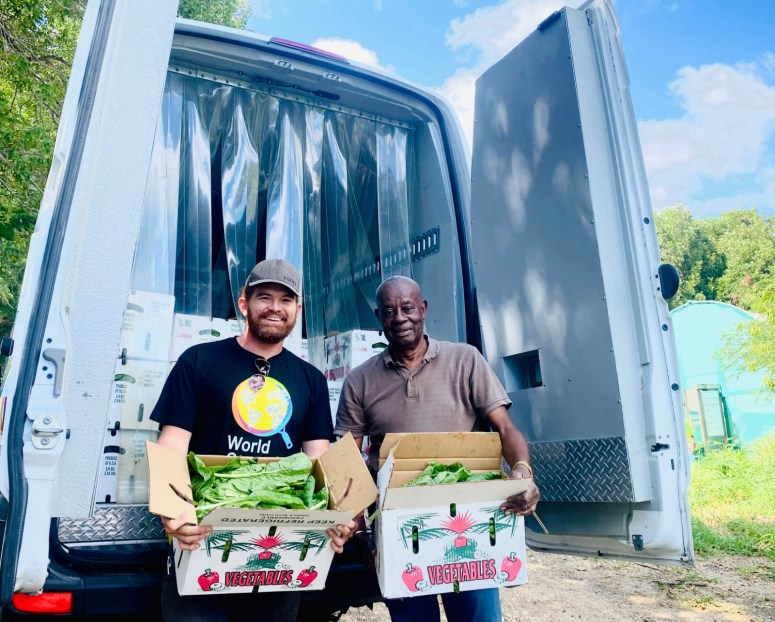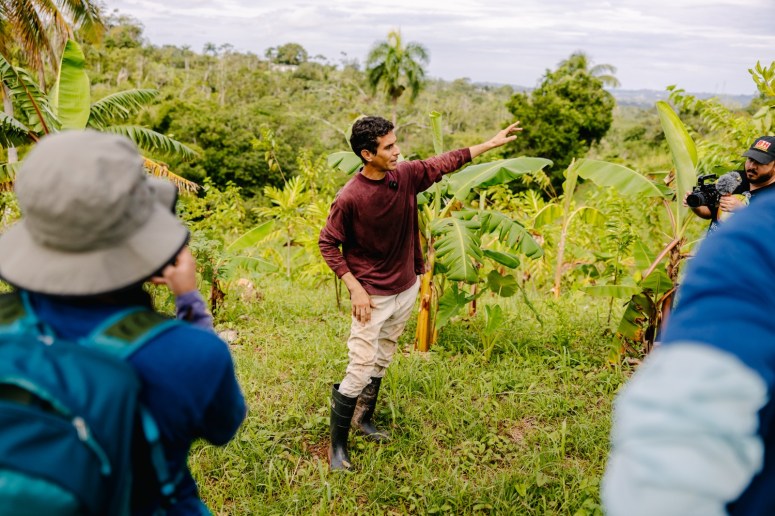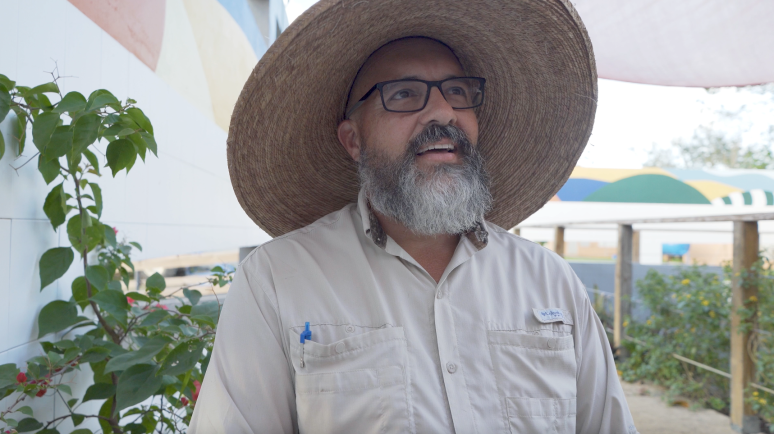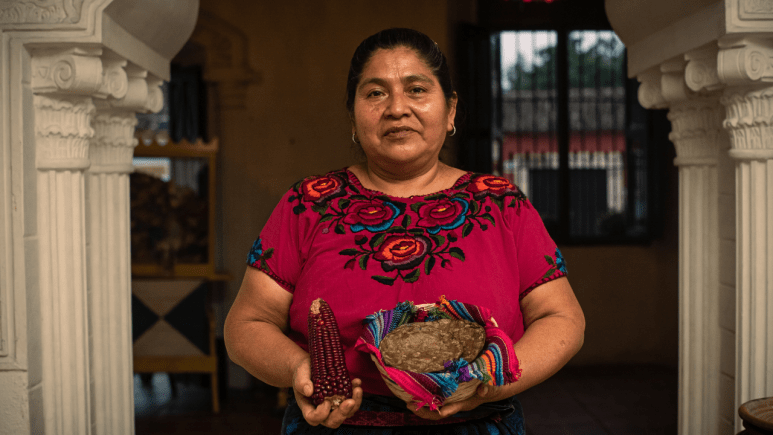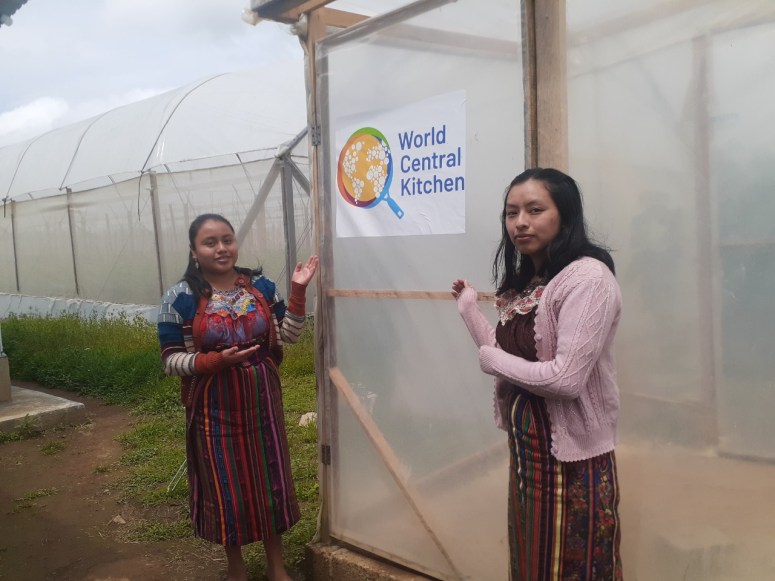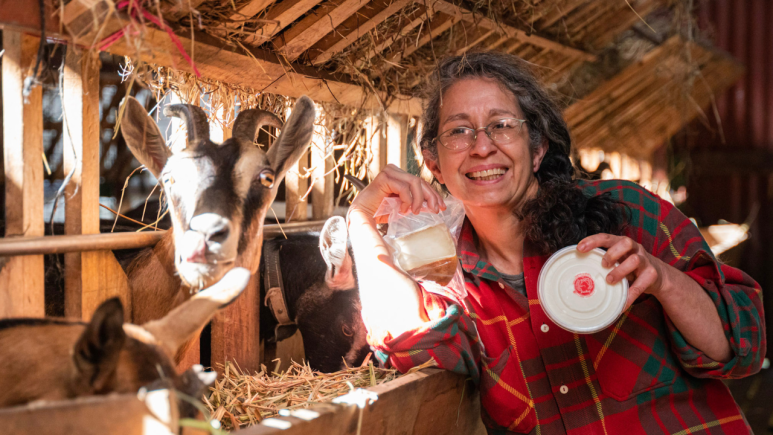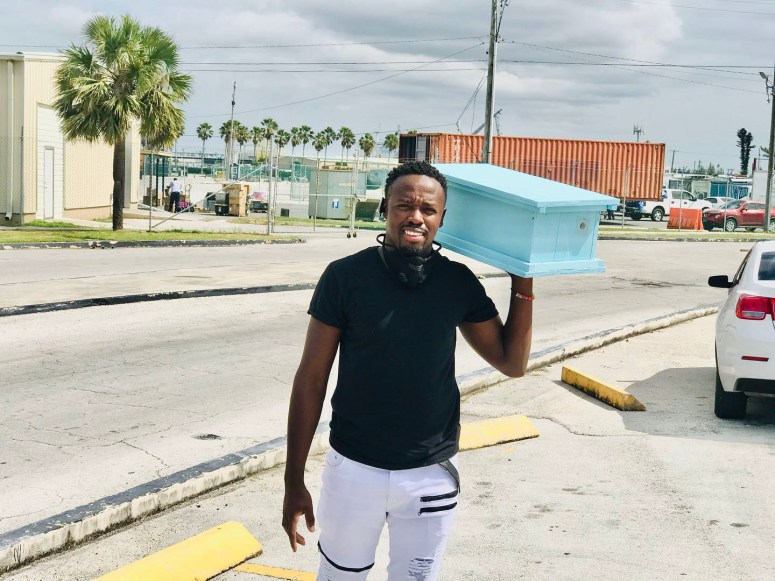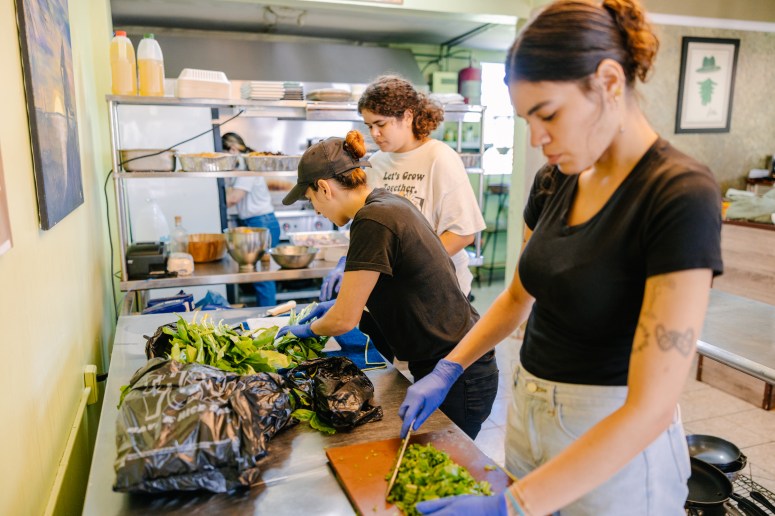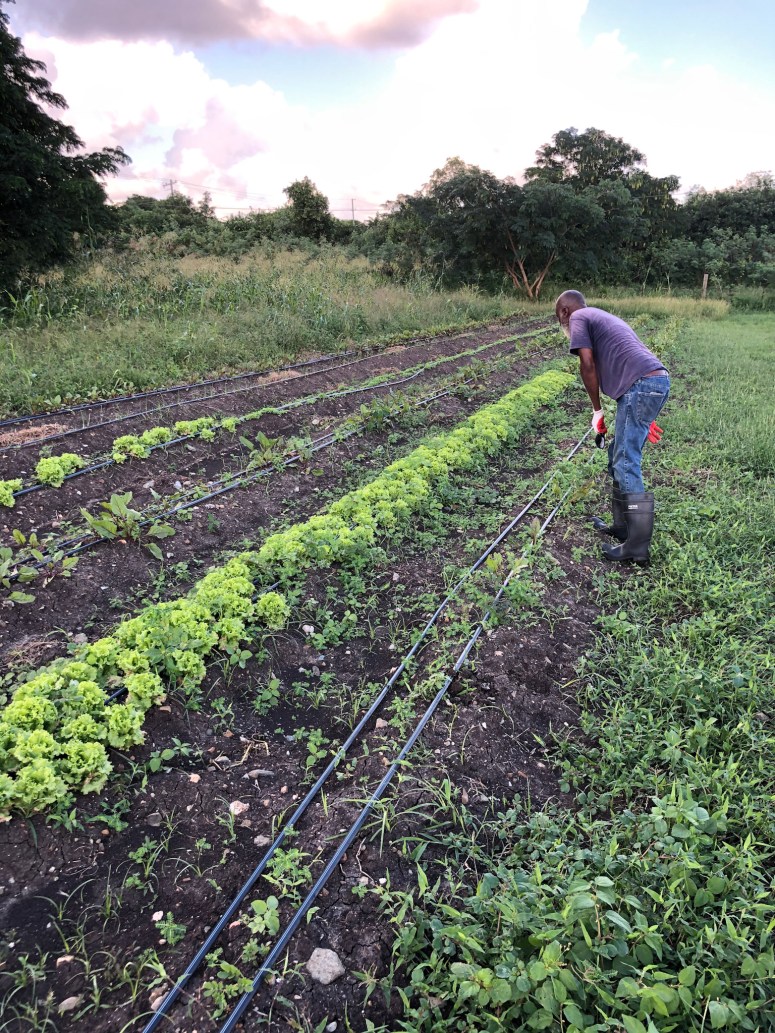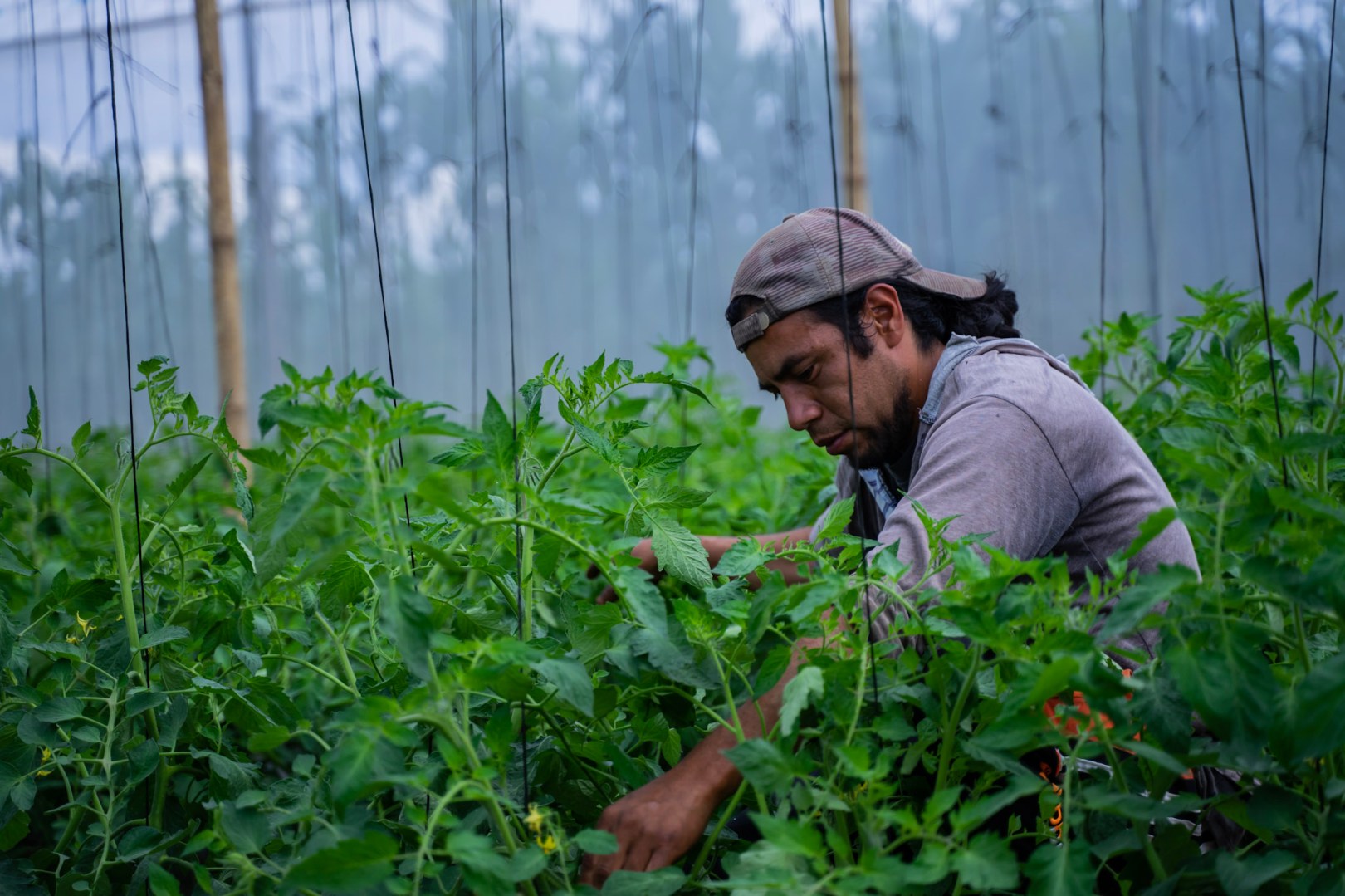
Food Producer Network
WCK’s Food Producer Network supported food-producing businesses and communities impacted by climate change by building resilient local food systems and strengthening food security throughout disaster prone regions.
Launched after Hurricane María in 2017, WCK’s Food Producer Network (FPN) helped smallholder farmers, fishers, and small food-related businesses revitalize their operations and begin to regrow their long-term capacity for food production, distribution, and sales. Through its three pillars—grants and loans, capacity building and networking, and volunteering and agritourism—FPN contributed to system-wide improvements in food and nutrition security and sustainability by growing the capacity of local communities to produce their own food. In doing so, we increased their resilience against future disasters.
FPN by the numbers
Awarded
via 303 grants & loans
Hours
of learning & networking
Volunteers
on farms & at events
Grantees
are women led or co-led enterprises
Production Increase
12 months after receiving grant
Income Increase
12 months after receiving grant
Locations where FPN provided financial support

Puerto Rico
In the aftermath of Hurricane María in 2017, WCK conducted an agricultural assessment highlighting that 85% of the territory’s food was imported from the continental United States. WCK determined the best way to support Puerto Rico’s food system was by helping the local food community produce and distribute their own food. Through its strong support of sustainable practices throughout the agricultural value chain, FPN contributed to improved access to locally produced food for all Puerto Ricans, strengthened the overall food economy, and helped the local food system build resilience against future disasters. Following the 2020 earthquakes and Hurricane Fiona in 2022, FPN helped save thousands of pounds of crops, provided food to WCK’s Relief Team, and helped producers recover in the short and long term. From 2020 to 2022, FPN also hosted the Santurce Farmers Market which increased access to fresh, nutritious produce in low-income urban areas in Puerto Rico.

US Virgin Islands
Like many islands in the Caribbean, the US Virgin Islands face a high degree of food insecurity because they are dependent on imports from Puerto Rico and the continental United States for more than 95% of their food supply. FPN expanded to the territory in 2020 to support smallholder farms, fisheries, and food-related small businesses in order to strengthen food security and sustainable economic development throughout the food producing communities on St. Croix and St. Thomas.

The Bahamas
WCK responded to the devastation caused by Hurricane Dorian in September 2019 with our #ChefsForBahamas emergency effort. As in Puerto Rico after Hurricane María, we made a commitment to strengthen local food systems in The Bahamas through FPN. We supported the farmers, fishers, and food-related small businesses of Abaco and Grand Bahama to help them rebuild their operations and get back to their pre-Dorian production levels—and surpass them.

Guatemala
In June 2018, when Guatemala suffered one of the most devastating disasters in Latin America with the eruption of the Fuego Volcano, WCK activated our Chef Relief Team to lead a comprehensive emergency food response. After serving 500,000 meals to affected communities, we conducted an agricultural assessment that shed light on the current state of smallholder agriculture in Guatemala. The eruption of the volcano exacerbated many problems faced by smallholder farmers. As a result, FPN helped improve access to capital, training, and new markets. In doing so, FPN built a collaborative network of producers that stretches across southern Guatemala and includes individual producers, associations, and cooperatives that are leading the transition towards sustainable production and helping each other improve infrastructure and increase access to markets.
